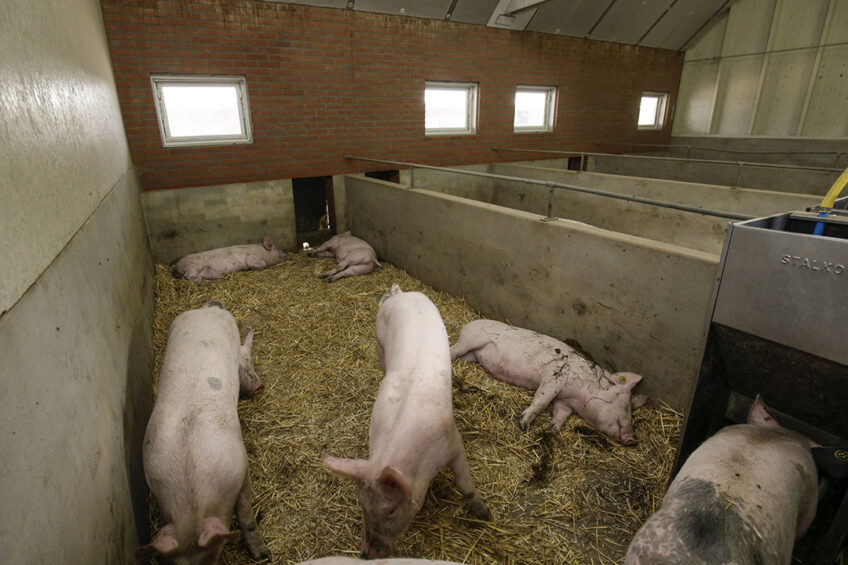November 26, 2025 | 10:31 GMT +7
November 26, 2025 | 10:31 GMT +7
Hotline: 0913.378.918
November 26, 2025 | 10:31 GMT +7
Hotline: 0913.378.918

Photo: Jan Willem van Vliet
The experiment is an initiative of the department of agriculture and food sovereignty and will run till the end of May 2025. Among the partners are the French technical institutes for livestock farming and the Agency for Food, Environmental and Occupational Health & Safety (Anses). The department of agriculture finances the project with € 700,000 from the national Relance Plan announced after the Covid-19 pandemic.
Open air livestock holdings have a number of strong specific demands linked to the quality standards to which they adhere. Animals must be kept longer and for a strict amount of time in the open air and their products have to be sold in so-called short circuits, the department explains. Wishing to improve both the proper application and the effectiveness of the biosecurity measures required by national rules and regulations, the department initiated this large project on a national scale.
The department hopes to finish the selection of participating farms in September. The main objectives of the pilot are to carry out and evaluate risks analyses at the pilot farms, to support the farmers with the application of biosecurity measures, to organise a scientific evaluation of the effectiveness of those biosecurity prevention measures and to assess which of those measures should be implemented permanently and made legally compulsory.
(PP)

(VAN) Brazil's COP30 presidency pushed through a compromise climate deal on Saturday that would boost finance for poor nations coping with global warming but that omitted any mention of the fossil fuels driving it.

(VAN) Poultry farmers in the UK have been warned that they could face one of the worst winters yet for bird flu.

(VAN) Prices of main-crop paddy have risen sharply, with jasmine rice hitting 16,100 baht per tonne — the highest level in years.

(VAN) In Brazil, FAO unveiled a series of reports and initiatives showing how sustainable agrifood systems are a solution to the climate crisis.

(VAN) With names like neodymium and dysprosium, rare-earth elements sound exotic — and their perceived scarcity has only added to the mystique.

(VAN) In a new study published in Trends in Biotechnology, researchers used a gene-editing technology called CRISPR to increase a fungus's production efficiency and cut its production-related environmental impact by as much as 61%- all without adding any foreign DNA.

(VAN) A top official in Beijing’s Cop delegation says China is committed to clean energy – but US’s absence is a problem.